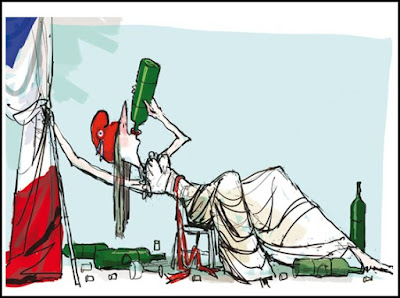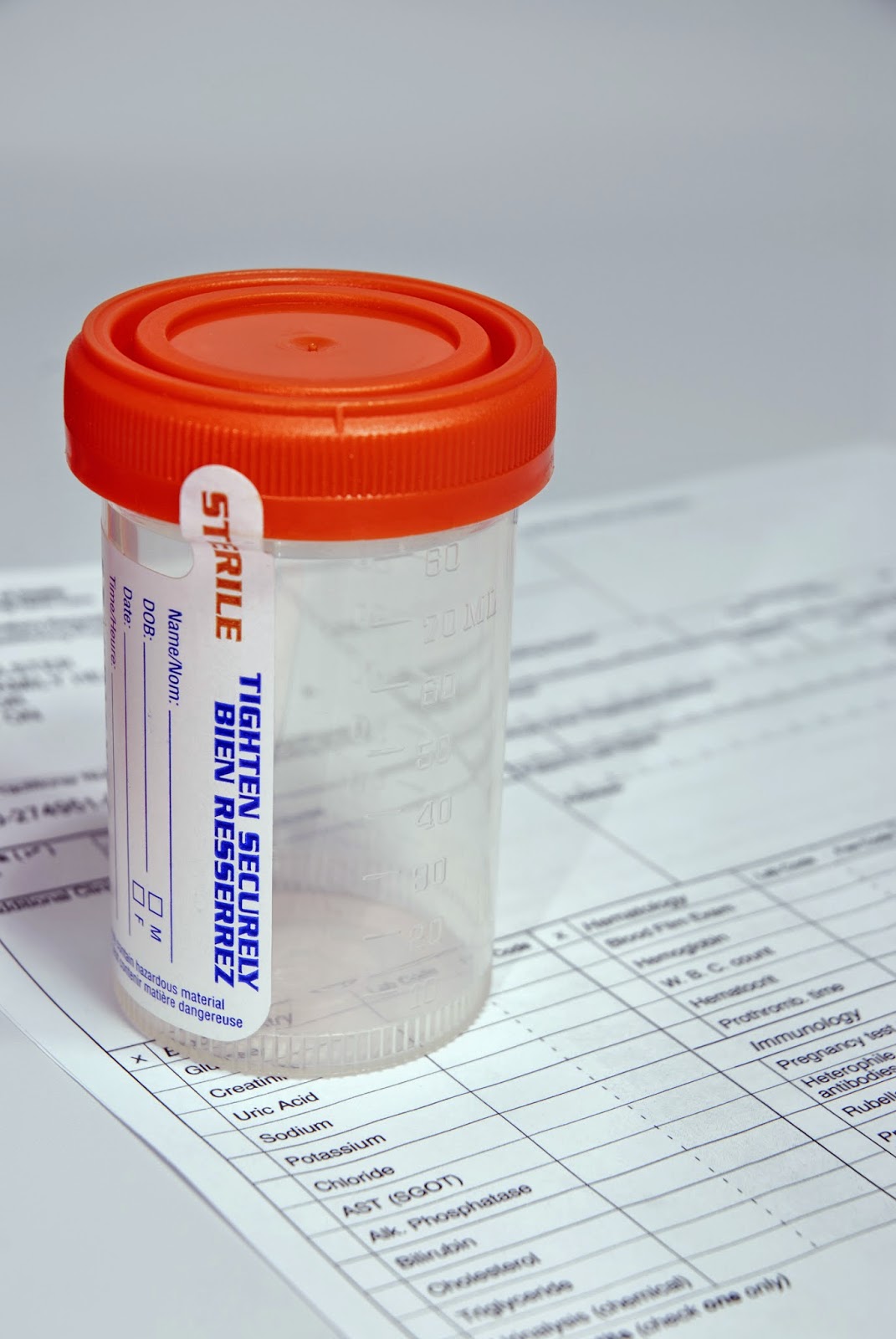What about France? Don't European parents provide alcohol to teens? They don't have problems with underage drinking ... or do they?
 A couple of weeks ago I wrote about a UNSW study that found no evidence to support that parental supply of alcohol to children will 'teach them to drink responsibly' or be protective in any way. Instead, it found that this was actually "associated with subsequent binge drinking, alcohol-related harm(s) and symptoms of alcohol use disorder". Not surprisingly, some parents had huge issues with this and I received a number of emails and messages from Mums and Dads who refused to accept the findings. Now, as I wrote at the time, what you do with your child is your business and if you believe that it is appropriate to give your child a glass of wine with a meal then go ahead ... all I am trying to do is make it clear that if you are doing that because you believe there is evidence to say that this practice is likely to make your son or daughter a more responsible drinker in the future, there isn't!
A couple of weeks ago I wrote about a UNSW study that found no evidence to support that parental supply of alcohol to children will 'teach them to drink responsibly' or be protective in any way. Instead, it found that this was actually "associated with subsequent binge drinking, alcohol-related harm(s) and symptoms of alcohol use disorder". Not surprisingly, some parents had huge issues with this and I received a number of emails and messages from Mums and Dads who refused to accept the findings. Now, as I wrote at the time, what you do with your child is your business and if you believe that it is appropriate to give your child a glass of wine with a meal then go ahead ... all I am trying to do is make it clear that if you are doing that because you believe there is evidence to say that this practice is likely to make your son or daughter a more responsible drinker in the future, there isn't!A number of people who wrote to me raised the issue of France in their argument, usually going along the lines of that in that country there were few, if any, laws around underage drinking. There didn't need to be as the French had a very 'mature' attitude towards alcohol, i.e., it was often introduced in the home from a very early age, was almost always only consumed with a meal and the French did not 'drink to get drunk'. So is that actually the case? Do the French not have laws around underage drinking and has their 'laissez-faire' attitude towards alcohol protected them from the problems we have seen in countries like Australia?
In actual fact, France does have a legal drinking age, raising it from 16 to 18 years in 2009. It was raised, as the government at the time were quoted as saying, "to reduce a dangerous addiction among youths", with both drinking and purchasing ages being brought into line with most European countries. In the early 2000s, the French still viewed binge drinking as a phenomenon largely limited to those from the UK and northern Europe, particularly some of the Scandinavian countries. Then the situation began to change with the term 'le binge drinking' increasingly being used to describe the behaviour of French young people. Between 2004 and 2008 France saw the number of children under 15 admitted to hospital for drunkenness increase by 50% and alcohol-related hospital admissions for those under 24 rose by 50%.
In 2015, a study found that France's alcohol consumption had halved in the past 20 years, with just 18% of French men and 6% of women drinking on a daily basis. Unfortunately, the news was not so good for parents with 11.2% of 17-year-olds reporting drinking alcohol more than 10 times every month. Another study conducted in 2014 found that 59% of 11 to 12-year-olds had consumed alcohol, whilst 60% of 15 to 17-year-olds had been drunk at least once, and 79% of 16-year-olds claimed to have consumed alcohol within the last month. In addition, according to the European School Survey Project on Alcohol and Other Drugs (ESPAD), a study of over 96,000 students across the European Union member states, spirits had become the favoured drink of French students.
To many French people this simply does not make sense - they have always had a sense of pride regarding their 'mature and sophisticated' relationship with alcohol. Many have chosen to blame the influence of visitors from other countries, particularly the UK, as causing this cultural change and that certainly may have something to do with it, but experts tend to believe that global factors such as the increasing influence of alcohol advertising and the growing link between alcohol and sport are also important things to consider.
When it comes to Greece, the ESPAD provides some frightening data regarding the alcohol use of young people from that country. In Greece, the study found that teens drink their first bottle of beer or wine at 12-13, before quickly moving to spirits (vodka, tequila, whisky) by the age of 14-15. In addition, around 9% of teenage boys and 5% of teenage girls get drunk for the first time at 13-years-old. The introduction of a glass of wine with a meal doesn't seem to be being too protective there!
Although many find it hard to accept, it is important to acknowledge that even in countries where the 'Mediterranean Model' once appeared to have been successful there are growing issues when it comes to underage drinking. Now do these countries have as significant a problem as others, including Australia? Maybe not, but to throw France, Greece and Italy into someone's face and say "these countries have got the whole underage drinking issue in hand" is just plain stupid!
Now some of you maybe asking yourself, but doesn't this guy usually go on about the growing numbers of non-drinkers amongst our young people? What about them? Well, they're certainly there - in fact, across the world we are seeing growing numbers of young people who choose not to drink, however, if they are drinkers, they are often highly problematic drinkers. They start earlier, drink a lot when they drink, which is often regularly and they are more likely to choose high-strength alcohol products such as spirits. What the research seems to be saying is that providing young people alcohol, even in cultures that traditionally were protective, does not seem to always have the desired effect ... What we are learning is that although family influence is incredibly important, there are so many other external pressures that bombard our kids from a very early age, most of which are almost impossible to control, that the potentially positive messages you are trying to send can become confused. It would appear that although you may be attempting to teach them to drink responsibly by providing them sips or a drink with a meal, what they are actually picking up from your actions (even in countries like France!) is simply 'Mum and Dad give me alcohol and they support my drinking ...' - most probably not the message you intended!
References:
EMCDDA/ESPAD(2016). ESPAD Report 2015 — Results from the European School Survey Project on Alcohol and Other Drugs. Lisbon.
Israely, J. (2009). Italy Starts Cracking Down on Underage Drinking, Time, July 29, http://content.time.com/time/world/article/0,8599,1913176,00.html



Comments
Post a Comment